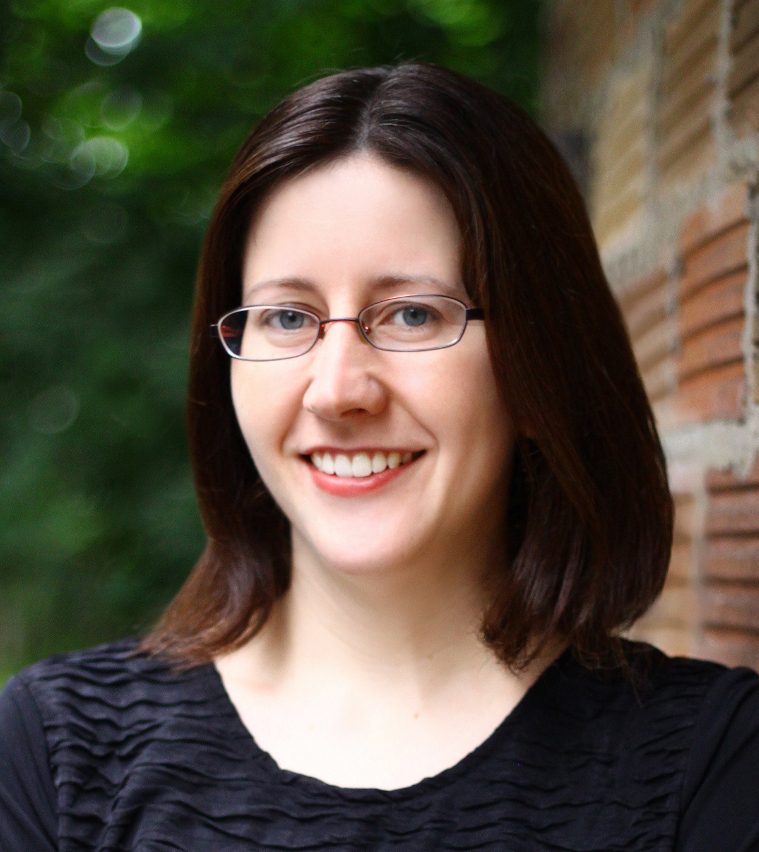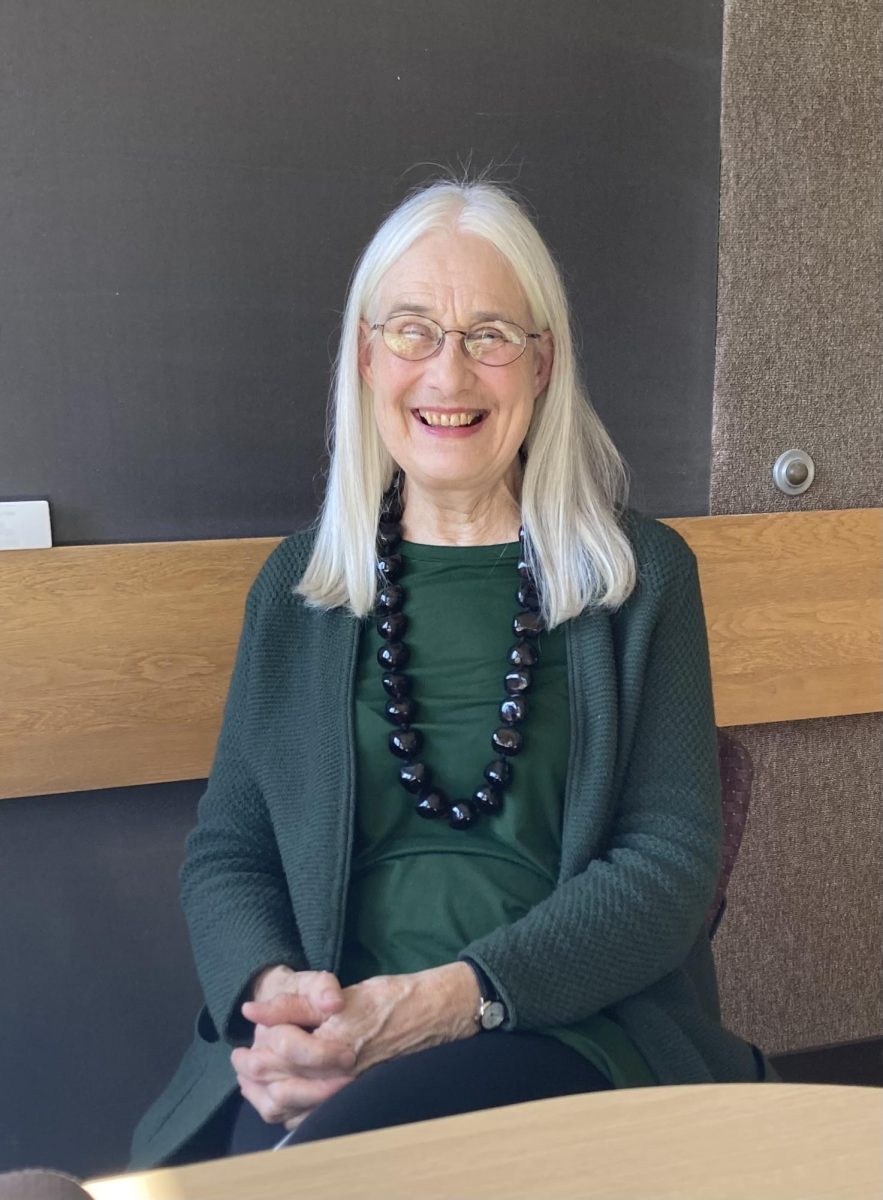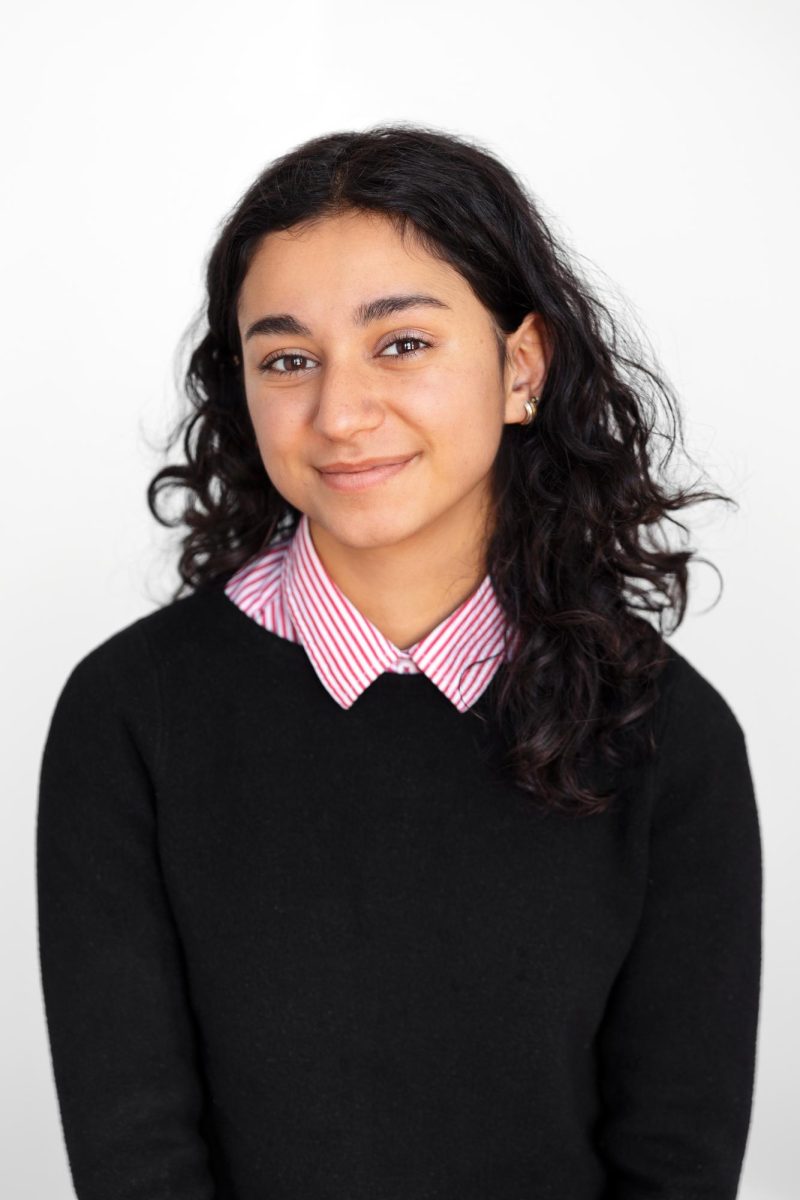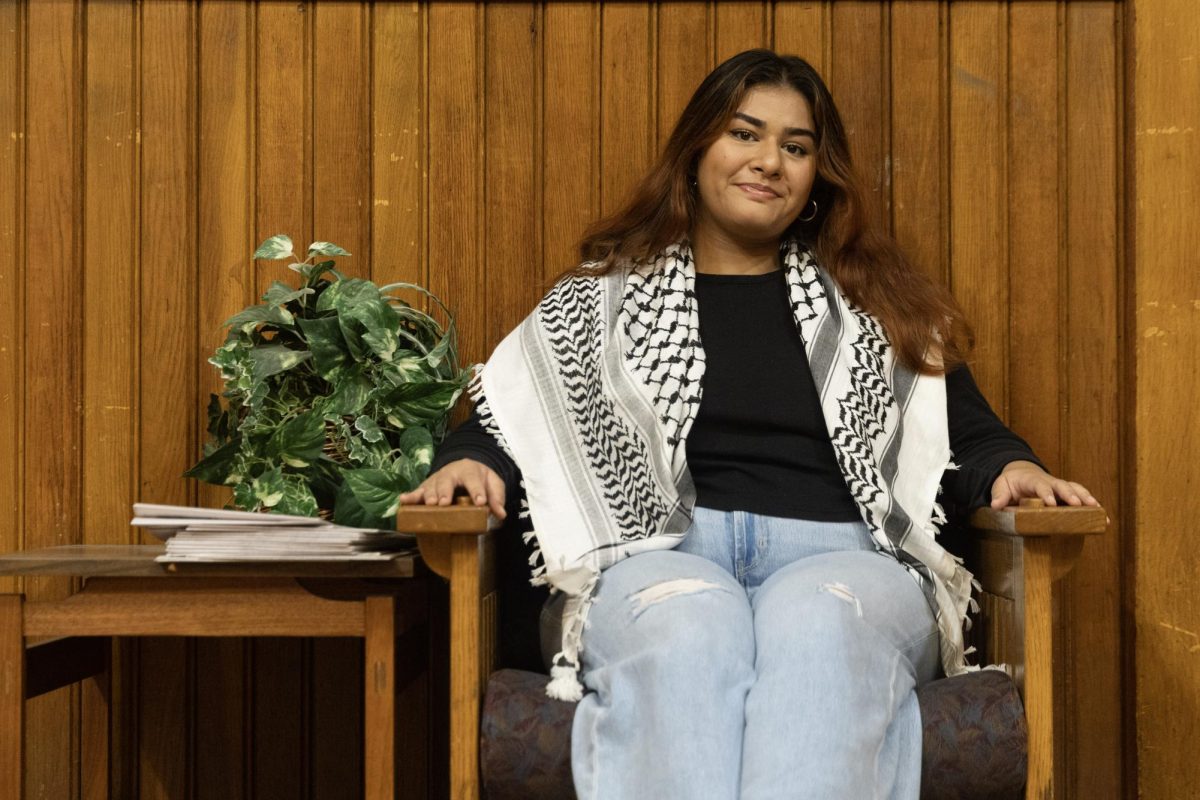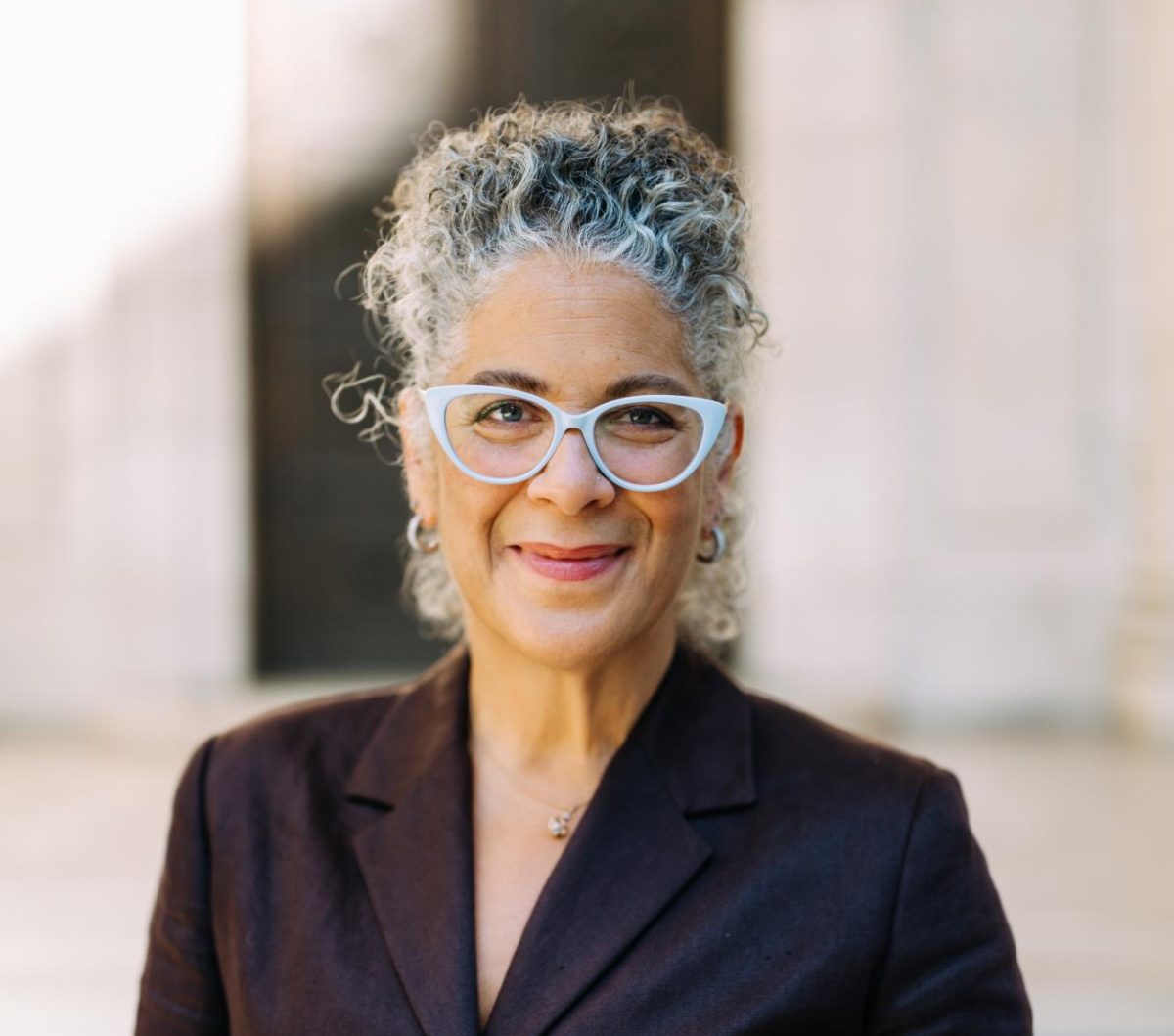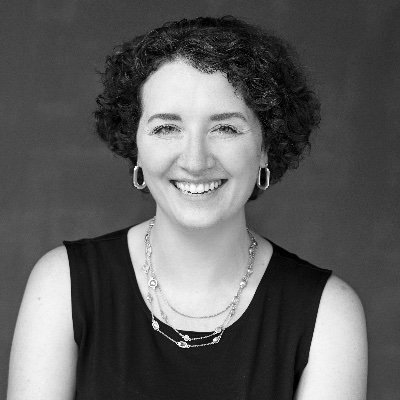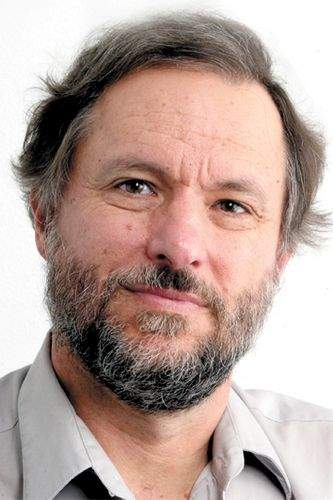
Stephen Zunes, OC ’79, is a professor of Politics and International Studies at the University of San Francisco, specializing in U.S. foreign policy, Middle Eastern politics, and strategic nonviolent action. He recently spoke at Oberlin College in a series of panels hosted by Students for a Free Palestine and the Middle East and North Africa and Politics departments.
This article has been edited for length and clarity
How did the opportunity to speak at Oberlin and conduct this series of panels come about, and what specifically motivated you to return and engage with students on these topics?
I’ve been coming back to Oberlin every five or ten years since the late 1980s to give lectures and conduct workshops. I’ve done this in scores of colleges and universities in the United States and overseas as well, but since I have such a special place in my heart for Oberlin, I was really looking forward to this opportunity. I was particularly interested in coming back now because concern about Palestine is so front and center at colleges and universities.
There was a concerted right wing campaign a few years ago unfairly targeting Oberlin College as being uniquely hostile to Jewish students and portraying the pro-Palestinian movement as this extreme caricature. A right-wing foundation established a network of groups called Alums for Campus Fairness, with members of the Oberlin chapter posting articles in various Jewish publications and on the Oberlin Alumni Facebook page making a series of exaggerated and even fabricated stories of rampant antisemitism among pro-Palestinian activists on campus and how it made Oberlin an unsafe place for Jewish students. Unfortunately, even some fairly liberal Jewish alumni started believing some of the things they were saying. I challenged these accusations by pointed out that while antisemitism — like racism and sexism — is ubiquitous and certainly exists at Oberlin as it does elsewhere, these stories being circulated were totally misrepresentative of what I had observed in my recent visits, when I had met with Jewish students and worked with Jewish student groups — not just Jewish Voice for Peace, but the liberal Zionist group J Street U as well. I was then attacked by these right-wing alumni as not only being anti-Israel and antisemitic, but being pro-Hamas, pro-terrorist, pro-Russian, and more, despite my longstanding public record of being none of those.
So, I had been wanting to come back to Oberlin for some time to get a sense of things. I was very impressed, actually, with the pro-Palestinian activists whom I met on this trip. While I might have some differences with some of them on certain points, it underscores my sense that they are led by the same principles of peace, justice, and human rights that have motivated student activists here at Oberlin on any number of issues for generations.
Could you provide an overview of each session from your series titled “Activism, Occupation, and U.S. Foreign Policy?” How did each lecture and workshop address these themes, and in what ways did they engage students in discussion and reflection?
My talk in the evening, “Understanding U.S. Policy Towards Israel/Palestine,” was the major public talk where I looked at U.S. policy on Israel and Palestine. I thought that was important because while it is easy to get upset about the terrible things that the Israeli government has been doing, as Americans our priority is influencing our own government, challenging its horrific foreign policy, and recognizing how the United States is contributing to the ongoing tragedies through its support for Israel’s far-right government and its ongoing war crimes. I really thought it was important for people to understand the dynamics behind U.S. foreign policy and to challenge some of the myths. I basically made the argument that U.S. support for Israel’s wars and occupation was not simply a matter of a powerful Zionist lobby, but was in fact quite consistent with the history of U.S. support for other far right-wing governments in Asia, Africa, and Latin America which have also engaged in military occupations and genocidal wars.
My talk at noon was about the Moroccan occupation of the nation of Western Sahara, which is the subject of my latest book, Western Sahara: War, Nationalism, and Conflict Irresolution. Western Sahara doesn’t get the attention it deserves, but [the conflict there] includes many of the same issues regarding the Israeli occupation, including U.S. support for an allied government engaging in gross and systematic human rights abuses and violating fundamental principles of international law. I encouraged student activists to consider linking the two struggles, both because the Sahrawis deserve support as much as the Palestinians, but it would underscore how activists were not “unfairly singling out Israel” but supporting the right of self-determination and opposing occupation and repression by anyone.
In the late afternoon, I gave a workshop for pro-Palestinian activists called “Building a Stronger Movement.” In addition to my work on U.S. policy in the Middle East and North Africa, I’ve done a fair amount of research on social movements and understanding how they work. Plus, I was very much an activist myself, both at my time at Oberlin and throughout most of my twenties, and I’m currently on the board of a number of nonprofit groups that are involved in various campaigns for peace and justice.
I’ve long argued that it’s not enough to be right about an issue. You have to think strategically. And, like an electoral campaign or a military campaign, a nonviolent action campaign will only win if people do. So I just made a few observations using anecdotes from Oberlin’s activist history in which well-meaning people made some major tactical or strategic errors. We also then looked at some successes. I emphasized that some choices are not alway clear and I wasn’t there to tell them which direction to go. My hope was to get them to at least think about these things, because so often people feel like they have to “do something” without really examining whether it’s going to make a positive difference or not.
One little anecdote I mentioned was the night that Nixon announced the invasion of Cambodia in April 1970. Students came pouring out of the dorms saying “We gotta do something! Let’s get out of town and block traffic!” So they all went down, crossed Tappan Square and sat down on Main Street, but, this being an evening in Oberlin, Ohio, there was essentially no traffic to block!
I also shared the story of how the original divestment campaign targeting apartheid South Africa in the late 1970s, which I played a major role in initiating, was taken over by some hardcore Marxists who ended up effectively purging me, along with pacifist students, some prominent Black student leaders, and those who simply disagreed with their insistence that military victory by certain armed South African groups was the only way to bring down apartheid. The movement failed and Oberlin did not divest until almost ten years later after a new democratic socialist group led a more inclusive campaign.
Most of the time consisted of exercises in which I divided the participants into rotating groups of four. I would read two differing strategic perspectives for a pro-Palestinian group to take and have them discuss which of the two alternatives they thought would best advance the Palestinian cause in Oberlin and beyond. We did five rounds of this and concluded with a discussion.
What are your perspectives on the upcoming election, particularly considering Oberlin’s position as a blue city within a currently red state? Did you speak to this in your lecture?
I didn’t mention the election in my prepared remarks, but there were questions in the Q&A, as you might expect. It wasn’t as much about being a blue dot in a red state as much as whether they should support the Democrats at all in light of their collusion with what they see as a genocidal war.
I shared that I have made something of a reputation for being a very harsh critic of the Democratic Party when it comes to Israel and Palestine — not from a hardcore anti-Zionist perspective, but simply from a liberal perspective that the United States should be defending human rights and international law and respecting the International Court of Justice and the United Nations instead of undermining such principles when it came to allies like Israel. But I also underscored that Kamala Harris as a sitting vice president has very little room to maneuver and that she can’t really openly break with Biden on a major foreign policy issue without appearing disloyal or divisive. There are indications from news leaks, various media reports, and conversations I’ve had with people in D.C. that point to Harris being among those within the administration who has been pushing Biden, thus far unsuccessfully, to crack down on Netanyahu. As president, I believe she would be much tougher on Israel than Biden.
I also pointed out that voting is a chess move, not a Valentine. Who do we prefer to struggle against? A neoliberal hawk or a fascist? My first vote for president was in 1976 when I was a second-year here at Oberlin and the nominee was Jimmy Carter, who at the time was from the more conservative wing of the Democratic Party. So I voted for Eugene McCarthy, a former Democratic senator who was running as a left-wing independent. In hindsight, that was really stupid because Carter won Ohio by only 11,000 votes, and if he’d lost, Gerald R. Ford would have won the Electoral College. But I was going to vote my conscience! We can’t allow such misplaced idealism to hand the country over to Trump and the Republicans.
Anything else to add?
When I was at Oberlin, I had great professors and I learned a lot in the classroom. In many respects, though, the knowledge and skills that have stuck with me the most was through my activism, writing for the Review, going to meetings, bringing in guest speakers and organizing events, and being deeply involved in the political life of the College community as a whole. It was these late-night conversations in our dorm rooms about how we can best live in an oppressive militaristic society and what roles we can play to achieve real social change. It was, for many of us, our first experience in challenging conventional notions regarding everything from capitalism to gender. So college is a really precious time to learn and grow and ask the big questions. I just want to encourage students here today to really take advantage of this special period in your lives and make the most of it.






